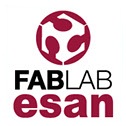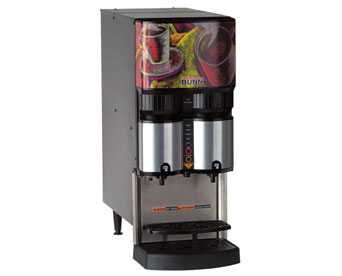
THE FAB ACADEMY 2014
CIRO MEJIA ELIAS

 |
THE FAB ACADEMY 2014
|
 |
|
Applications and Implications This assignment is a document of the final project that integrates the units covered. a) what will it do? The project is to create a mixing machine ingredients for bottles, which will be controlled by servo motors in casting and mixing ingredients, will also use a resistor to heat the water, a sensor for temperature control and a solenoid valve for the passage of water. b) Who's done what beforehand? This project is inspired by the need for my son Joaquin to prepare her bottle while changing his diaper, the idea was to automate the preparation of the bottle as it is difficult to mix hot water thermos of cold water and milk and have the ideal temperature, not too cold, not too hot. With this machine I can achieve a stable temperature and automated mixing.  The mixing operation of the dispensing of coffee is my model.  c) what materials and components will be required? - General structure of the machine / HDPE and Acrylic - Ingredients Dispenser / Stainless Steel The components to be used are: - Servo motors - Temperature sensor - Solenoid - Electrical resistance - Electronic components (microcontrollers, diodes, resistors, LCD, etc.) - Binding components (bolts, shaft couplings, etc.). - Power supply d) Where will they come from? The electrical resistance and dispensers will be manufactured outside the FAB, everything else is created in the FAB. e) How much will it cost? The approximate cost so far is $ 175 f) what parts and systems will be made? The components or parts that are created in the FAB: - General structure of the machine on the Shopbot and Epilog - Electronic payments in the Models - Clamps, paddles and fittings in the Replicator - Electronics Assembly. g) What processes will be used? The processes are: - Cutting or machining for General Structure of the Shopbot machine and Epilog - Recorded for electronic badges in Models - 3D Printing for clamps and couplings in the Replicator - Soldier for the Electronics Assembly. - Folded sheet steel dispensers for ingredients. h) What tasks need to be completed? The tasks are: - Manufacturing stainless steel dispensers - Create electronic boards - Quantifying the amount of ingredients controlled by motors - Mounting of components - Testing i) What questions need to be answered? - What kind of electrical resistance should, "U" or bar? - What type of relay should be used for electrical resistance? - The DC motor provide the force necessary for mixing? j) What is the schedule? The plan will depend on the electronic programming and testing, the mechanical part is developed, just need to implement it. - Week 14 to 20: Mechanical production machine. - Week 21 to 27: Electronic programming - Week 28 to 04: Tests and final project documentation k) how will it be evaluated? The project will be evaluated through the ability to dispense the ingredients in my recipe and mixing of these. | |